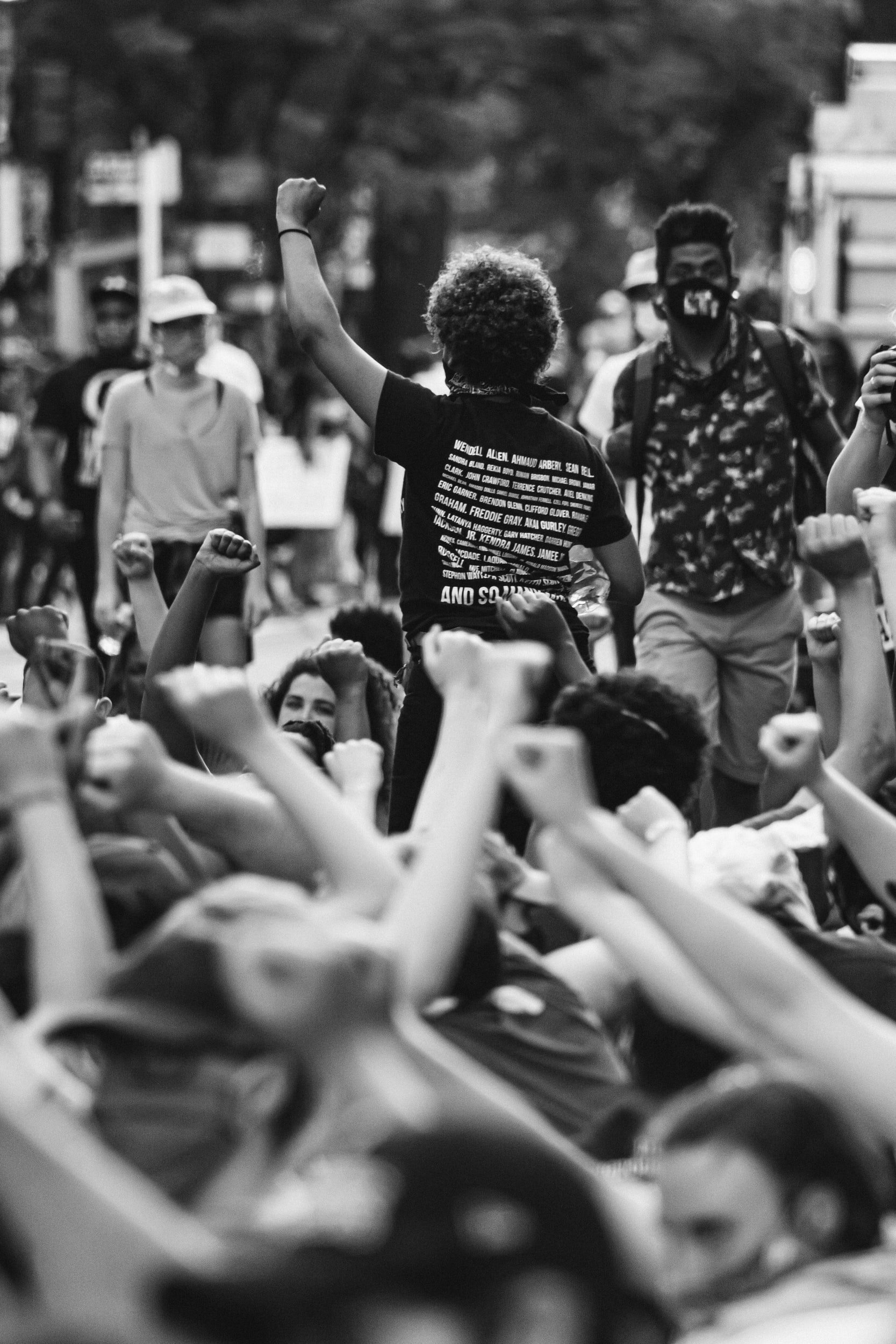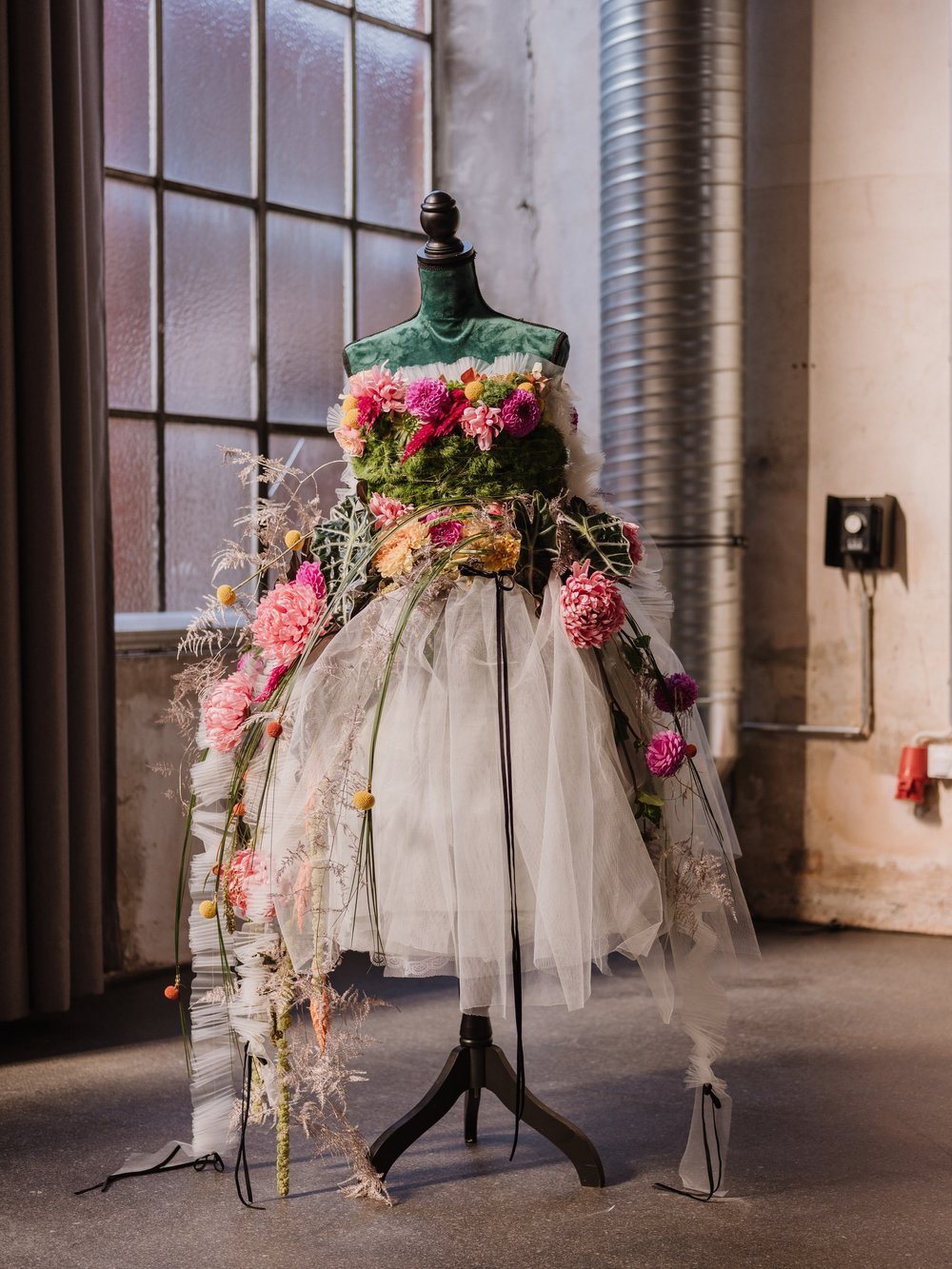
brands can get in your head and live there rent-free. do you know how they get the keys?
/ WHY WE EXIST
We exist to change how society values fashion and connects to it.
There is a major disconnect with what we value as a society.
We'll spend anywhere from $50 - $80 on a dinner date without thinking twice; a dinner that will be out of our system within 24-48 hours. But when it comes to our clothes, we pass by a local storefront where a shirt that will last in our closet for most of our life is priced at $85 and we think: “damn that’s way too expensive, who do they think they are? I’m not paying for that. I can find something similar for 5.99 at insert fast fashion store here ”.
There is a major disconnect between what we value as a society - or should I say, what we've been taught to value. We're taught to value and expect a dinner date to be expensive, restaurant ads are generally so light and airy and give you a feeling that dinner is something that should be valued and taken slow. But when it comes to fashion, the ads are loud, exciting, fast-paced and portray a feeling of urgency.
All these elements prime our mind to think "food = slow and expensive" and "clothes = fast and cheap".
But how does this all work?
The answer is simple: marketing.
Nowadays, marketing has become something extremely advanced, so much that it’s down to a science… literally. Companies use techniques such as Neuromarketing - which basically uses neuroscience to get you to buy stuff you don’t really need, way before you consciously know you need/want it. Sounds crazy right? Well, some say it’s just science and business working together. You can learn more about it here.
So if we know that businesses can use our brains to buy more, think less and toss daily - why don’t we figure out a way to reverse that?
LET'S TALK ABOUT MARKETING FOR A MOMENT.
THIS IS WHERE OUR EXISTENCE COMES IN.
We want to help you rethink what fashion is supposed to mean and how we connect with it as a society. How? By uncovering societal issues that exist in fashion such as overconsumption, overproduction and greenwashing, as well as sharing innovative ways to make fashion better.
We know that operating in a linear system while making small "recycled" tweaks to production to insinuate the illusion of sustainability is not going to change this industry. We need innovative, circular businesses that shift the way we think, relate and connect to fashion. We need to change the fashion industry from the inside out.
We believe that only a complete reinvention of society's values will be enough to accomplish this.
The good news is…
Let's look back at some recent historic moments that changed society.
Black Lives Matter changed society.
Covid changed society.
There’s no doubt about that.
Did you really think it was going to be the norm to judge people for not covering their faces or sharing medical information via QR code back in 2019? Um, no. Society shifted as the needs and demands of the virus grew and regulatory bodies told us it was the right thing to do. Society shifted as we grew restless and sick of racism, marginalization and police brutality.
These are both extreme examples, but they are relevant and connected to fashion.
Which countries are the ones who bear fashion’s weight?
They’re primarily developing countries where the majority of the population are black, brown, Asian or lack a fair government infrastructure that protects their human rights.
We can reinvent society - we’ve done it before.
Coincidence?
Once we recognize how interconnected racism, climate change, equality and human rights are to the clothes we wear each day, then we can reinvent the industry and create real systematic change.
You see, we’re guided by social norms and emotion. We just need to see the value in changing the way we connect, relate, advertise, design and produce our clothes in a way that considers and prioritizes a circular and fair system, where the planet and people are respected.
One thing is for certain, change is possible. With collective action, we can change the fashion industry.




